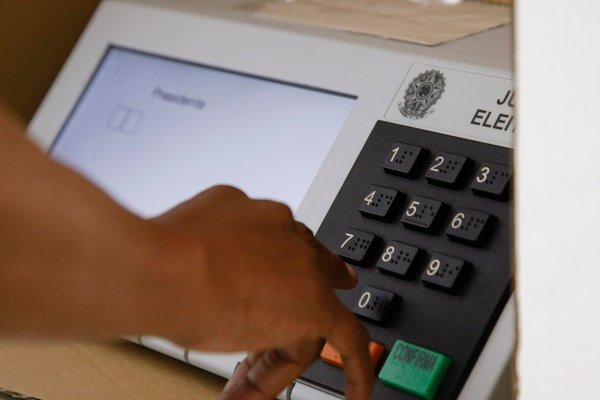On Thursday (06/10), Minister Alexandre de Moraes, president of the Superior Electoral Court (TSE), reported that the integrity test of electronic voting machines in the first round showed no divergences. This means that, according to the integrity test, the votes cast by voters were the same votes cast by the polls for the candidates.
The Integrity Test
Since 2002, the integrity test simulates a normal vote and is carried out in regional electoral courts on election day. The objective is to verify that the vote deposited is the same as the one registered by the electronic voting machine
The test was carried out in 640 random polls and taken from polling stations. The integrity test voting is filmed, and, at the end, the inspectors check if the ballot box matches the votes entered.
Debate Over the Electoral Process Reliability
The president of the TSE has reiterated that electronic voting machines are reliable and auditable and that the electoral process is transparent. Since 2021, President Jair Bolsonaro and his allies have been criticizing the Brazilian electoral system, particularly the electronic voting machines. They have argued that the voting machines are prone to frauds and have already been tempered with. However, no evidence has been shown so far. He even demanded changes in the voting system for it to print the votes, stating that he would not accept the results of the polls. However, the measure was not approved by the Congress.
International Missions
Attempting to avoid problems during the elections, several international missions were invited to observe the event. The electoral observation mission of countries of the Portuguese Speaking Community (CPLP) released on Monday (03/10) a document that concluded that the use of the electronic voting system is safe, reliable and did not put in doubt the transparency and truth of the elections. The mission is composed of 14 observers from the electoral administration bodies of Angola, Cape Verde, Guinea-Bissau, Mozambique, Portugal and Timor-Leste.
Also, on Monday (03/10), the Organization of American States (OAS) election observation mission stated, in a preliminary report released, that the “elections took place with order and normality”. The document emphasizes that the result of the first round was recognized “by all political actors”. The mission informed that it will also act in the second round.
On Monday (03/10), the head of the Observation Mission of the Inter-American Union of Electoral Bodies (Uniore), Lorenzo Córdova, said that the electronic voting machine is “one of the strengths” of the Brazilian electoral system. Uniore is an organization made up of 30 electoral bodies from 23 countries on the American continent. In August, the entity signed an agreement with the Superior Electoral Court (TSE) to carry out an Electoral Observation Mission (EOM) in the 2022 General Elections.




